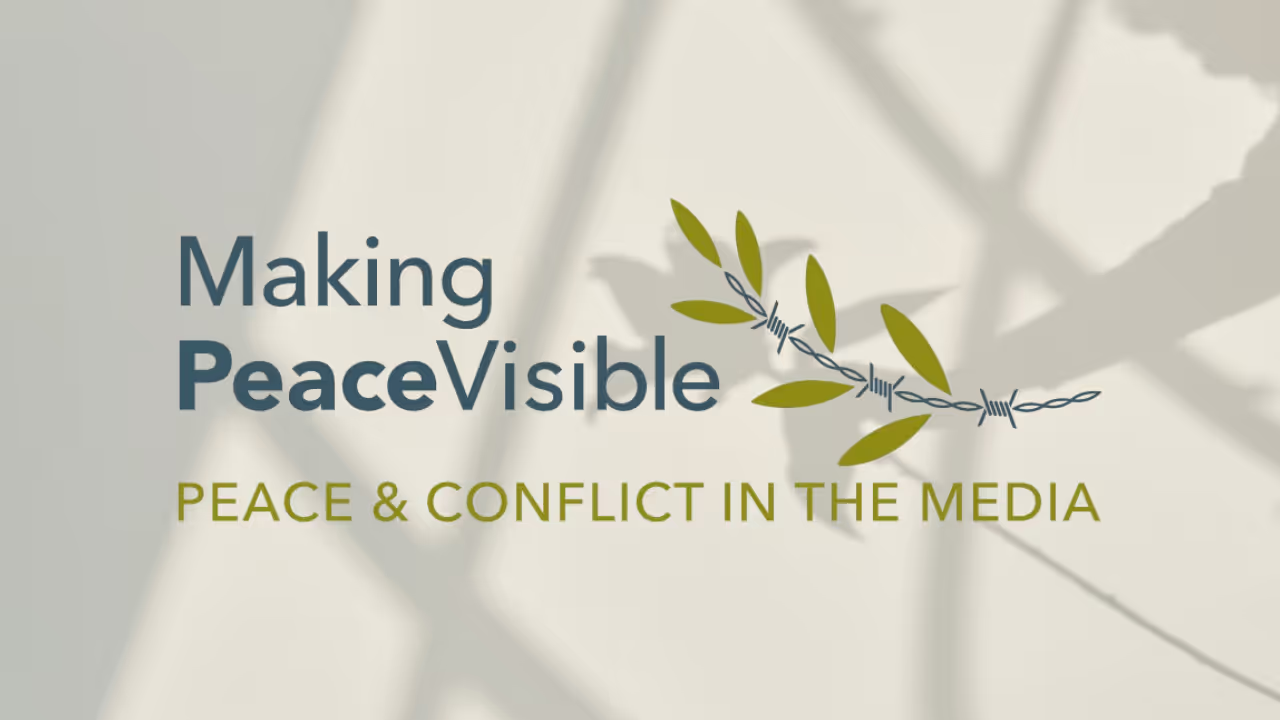
Filmmaker and peace activist Jamil Simon didn’t set out to create a podcast when he founded Making Peace Visible, an organization that fosters deep connections between peacebuilders, journalists and digital content creators to challenge the way peace and conflict are portrayed in traditional media. But since 2022, the MPV podcast has become one of the vehicles Simon and his team use to continue reshaping narratives around peacebuilding.
In a conversation with The Democracy Group, Making Peace Visible Founder Jamil Simon shares why reframing conversations on peace is essential to reducing global conflict.
Have you noticed any change in the way conflict is being reported ever since Making Peace Visible started, perhaps a shift toward more inclusive language in traditional media?
Jamil: I don’t see the change at all on our national news. We still hear from generals, the Air Force, military people and politicians, but we don’t hear from peace builders. We don’t hear enough from people on the ground who see another way of resolving these conflicts.
I don’t see enough of the change, but I didn’t get into this with the expectation that there’s going to be an overnight change. Changing the way people approach conflict requires a huge paradigm shift. We’ve been sold a bill of goods by the military-industrial complex, meaning organizations and corporations still lusting after the business they did during World War II. There used to be TV spots from Northrop Grumman, Raytheon, Lockheed Martin and all the big military manufacturers promoting war as the best solution to conflict. Their profit model depended to some extent on endless wars, so they’re trying to sell a policy of more war, or they try to convince us that war is what keeps us safe. But war is not keeping us safe; to some extent, war begets more war.
It’s a massive change to try and effect this kind of change because it’s been 75 years of brainwashing, 75 years of the media acquiescing to this emphasis on military solutions to conflict and it’s wrong.
What can we do to try to speed up that change? Can people on the ground initiate change, or do we have to rely on public institutions?
Jamil: I would love to see the government take a stronger role in that. This government loves conflict. They feed on it. People, by and large, are good. But we’re turning people against each other, and it’s the rhetoric. It’s so dangerous. It’s especially challenging with this administration. I would like to see a different president who would advocate policies to reduce conflict through peacebuilding, diplomacy and other nonviolent means.
We’ve got these violent political assassinations and attacks. It’s unbelievable. If you provoke fear, then good people will start doing other things besides becoming political leaders. But we need good leaders, we really do. So we have to keep talking. We have to keep podcasting. We have to continue bring journalists and peacebuilders together to rethink the way we report on peace and conflict.
For everyday people who still want to make a change, no matter how small, what advice do you have for them?
Jamil: Learn. People need more information about peace to understand that it’s possible. Right now, we’re seeing so much war and violence, it’s like looking at the world through a periscope. I’ve had the pleasure of working in 25 developing countries around the world, and every time I talk to young people, I tell them to go see the world. It’s not anywhere near as dangerous as it looks on that little TV screen. There are a lot of good people all over the place, but there’s very little attention focused on the heroes without guns, the people who work at significant risk to reduce conflict. We need to focus more on those heroes.
But we’re in trouble. America is in real deep trouble because of the violence that we’ve perpetrated. It feels like it’s metastasized. We have to start listening to each other better. We have to start working on finding ways to reduce conflicts, believing that conflict reduction is possible, that peace is possible. Don’t expect it to happen overnight. They’re not exciting messages, but they’re important.
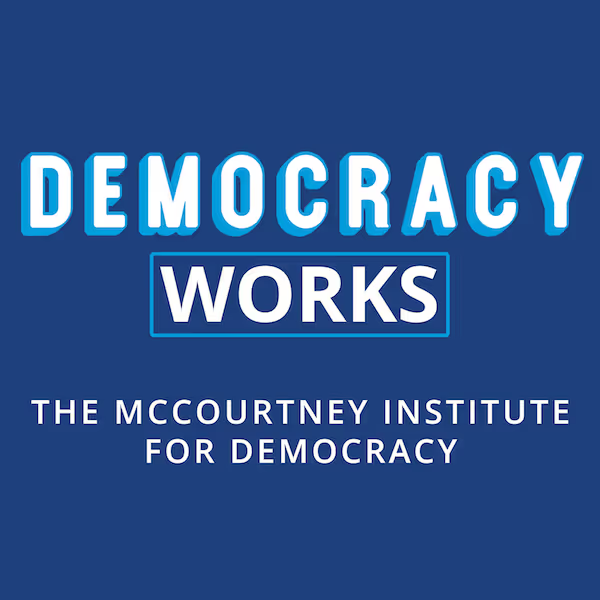
Peace and conflict have been a central theme in many of our amazing episodes. This conversation from Making Peace Visible, which aired on Democracy Works last summer, brings listeners examples that differentiate bad conflict from constructive conflict and how the "us vs them" mentality can be detrimental to peacebuilding.
Subscribe to receive a biweekly collection of the hottest podcast episodes from the network, upcoming special events, expert features, and news from your favorite shows.
Subscribe to our NewsletterThis is Jessie Nguyen, The Democracy Group's Community Manager. Here are some of my favorite podcasts this week, check them out!
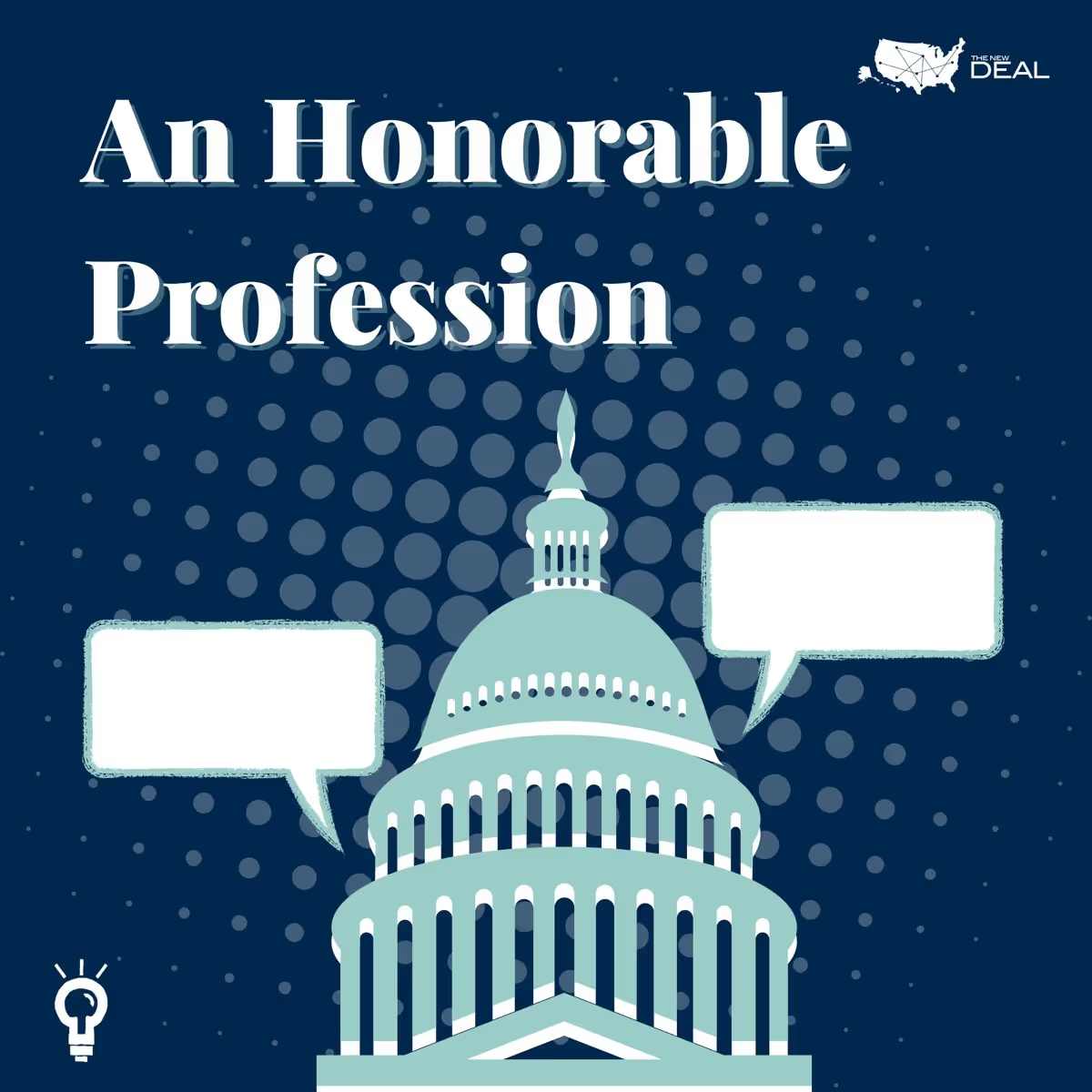
Having visited Lt. Gov. Juliana Stratton's office a couple of months ago (although she wasn't there), I was so excited when this episode came out. Stratton shares her personal motivation behind running for the U.S. Senate and the financial challenges Illinois has navigated in recent years.

This insightful episode explores how housing insecurity for millions of Americans undermined our collective democracy. Guest Maria Foscarinis, founder of the National Homelessness Law Center, debunked myths around homelessness and examined the history of the criminalization of homelessness in the U.S.
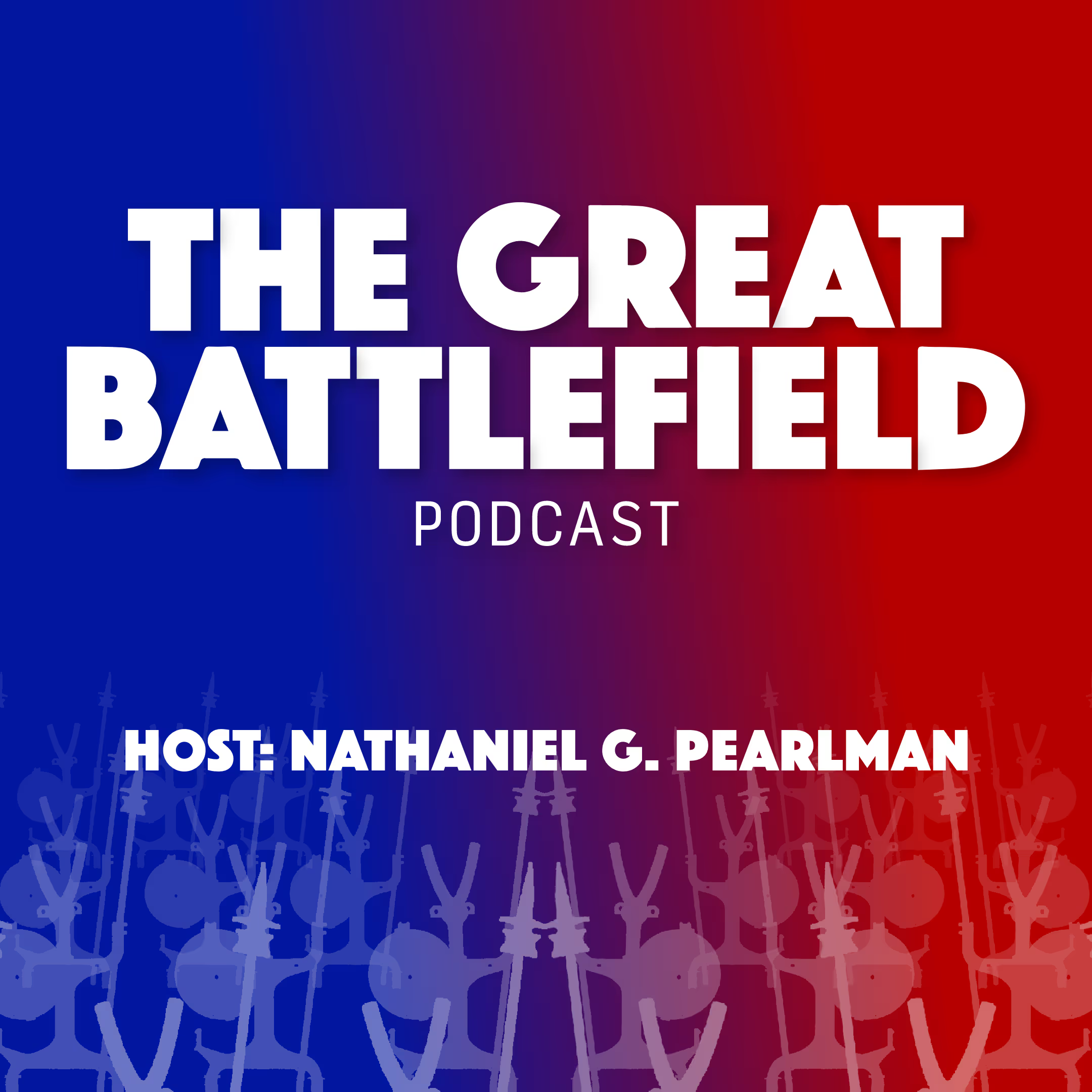
A super interesting conversation on judicial accountability and harassment in the courts. Guest Aliza Shatzman is the founder of The Legal Accountability Project. Shatzman shared how her experiences in the workplace led her to advocate for transparency and improvement of the clerkship experience.
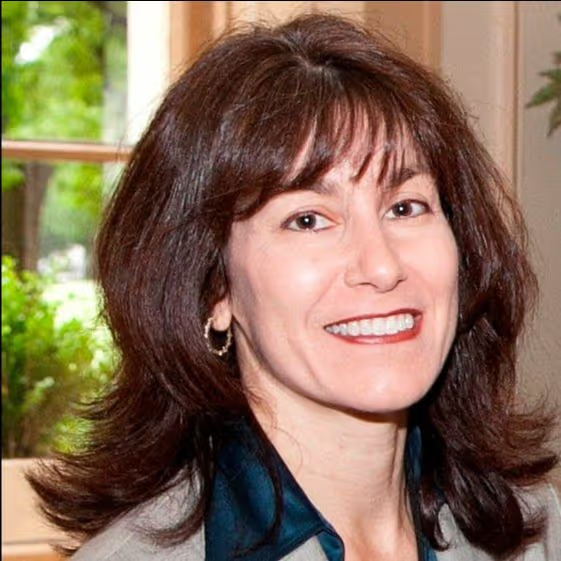
Michelle Ciccolo is a state representative in the Massachusetts House of Representatives. Ciccolo co-founded Zero Waste Caucus, which works to reduce and eliminate solid waste in the state. She also founded and runs The Ciccolo Group, a consulting firm specializing in community development, municipal management, and real estate development.
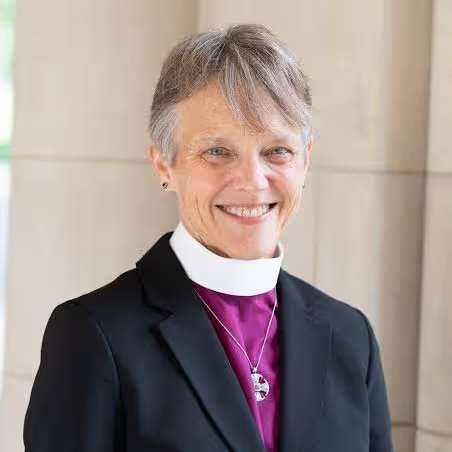
Bishop Mariann Edgar Budde serves as spiritual leader for the Episcopal Diocese of Washington. She has authored three books, including her latest, How We Learn to Be Brave: Decisive Moments in Life and Faith. Bishop Budde is an advocate for many issues, including racial equity, gun violence prevention and immigration reform.
Subscribe to receive a biweekly collection of the hottest podcast episodes from the network, upcoming special events, expert features, and news from your favorite shows.
Subscribe to our Newsletter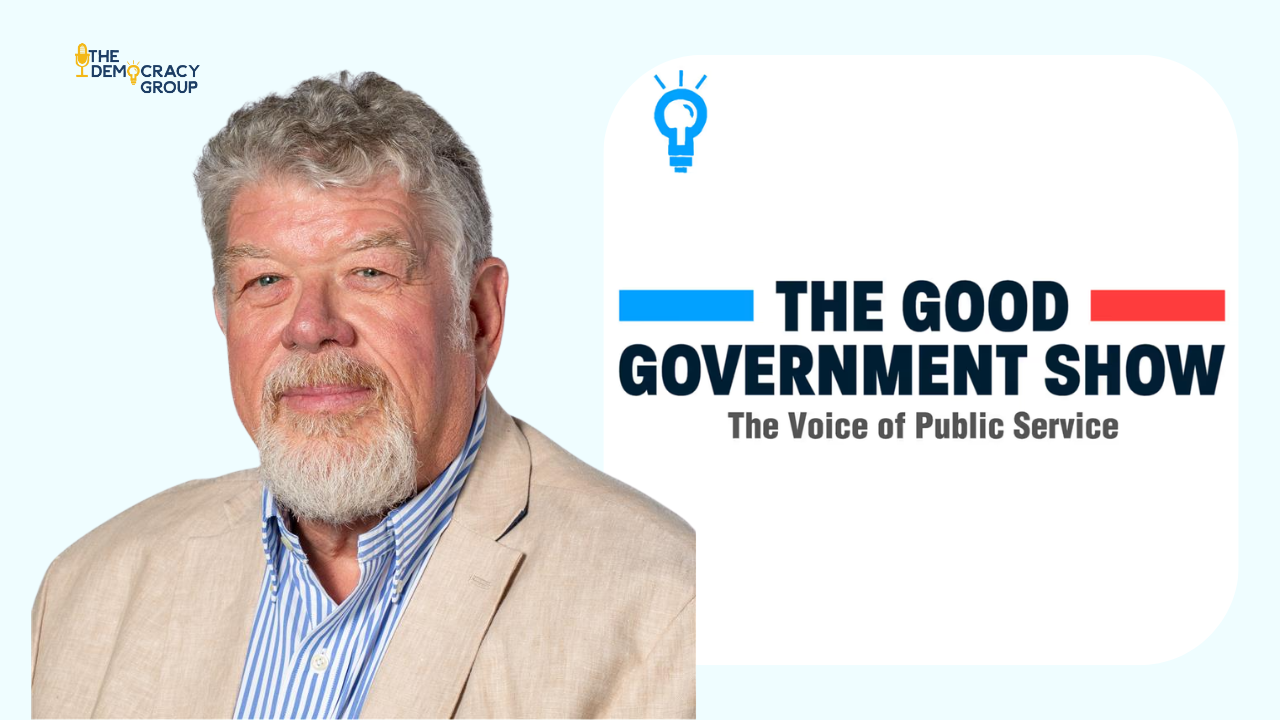
Host Dave Martin talks about “good government” stories, why they’re absent from mainstream media and what the show has planned for 2026.
Read Post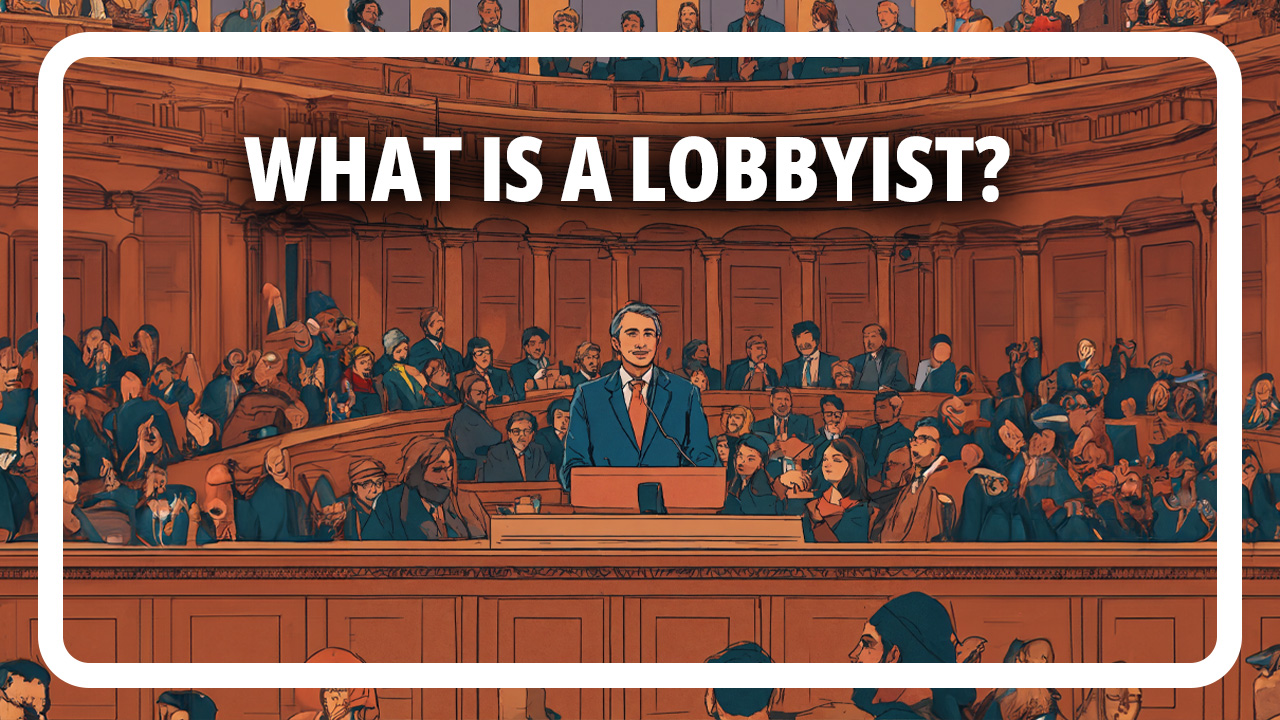
What is a lobbyist—and how does lobbying really work? Explore direct, indirect, and shadow lobbying through real-world examples to understand how power, money, and citizen action shape public policy in American democracy.
Read Post.png)
We kickstart the year with the exciting release of our fall 2025 fellows' podcasts and their inaugural episodes!
Read Post